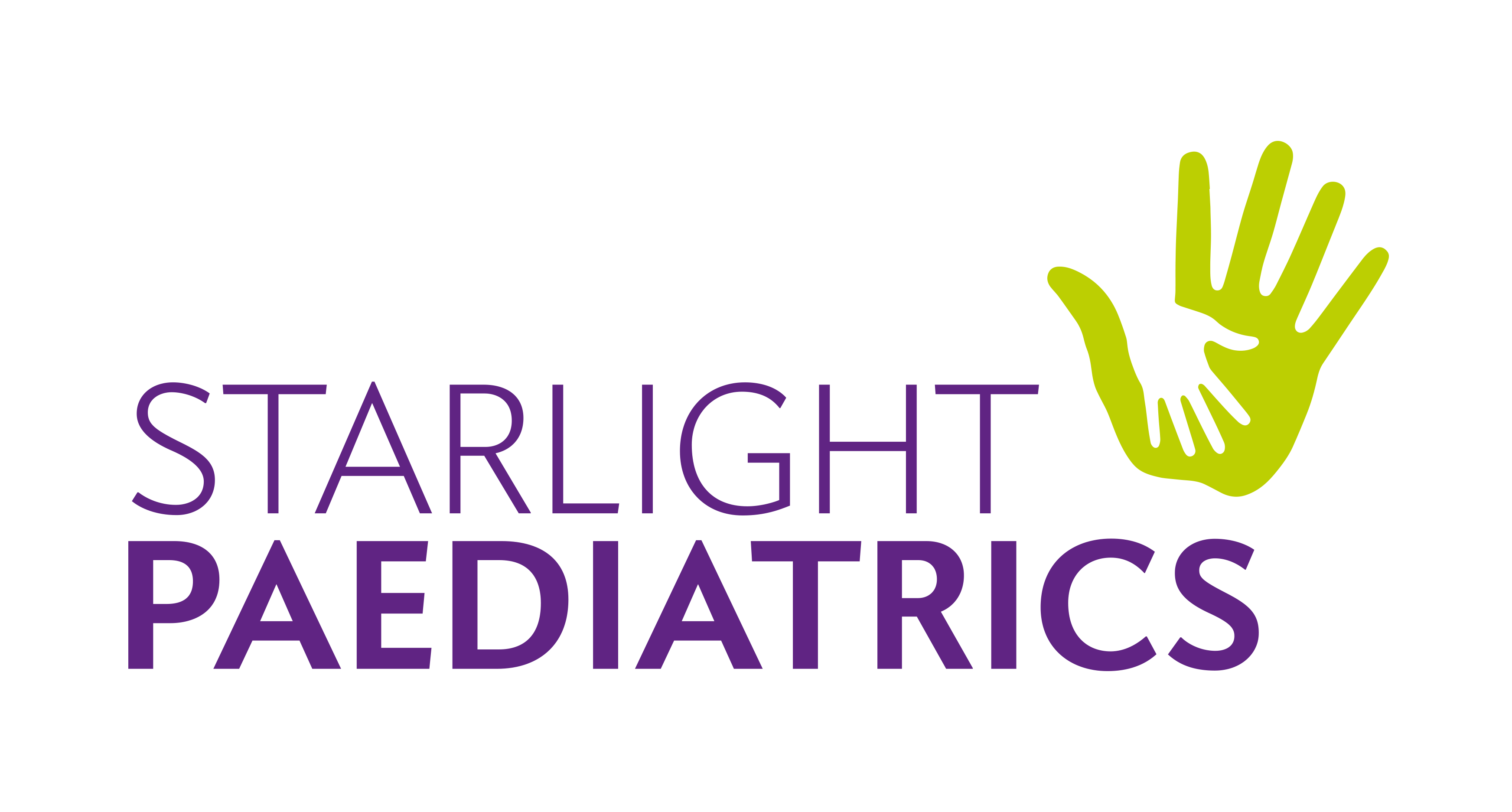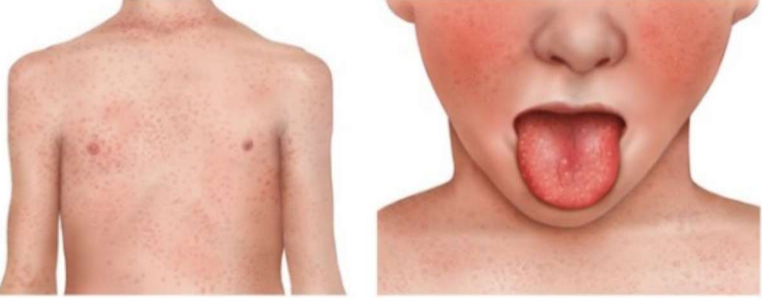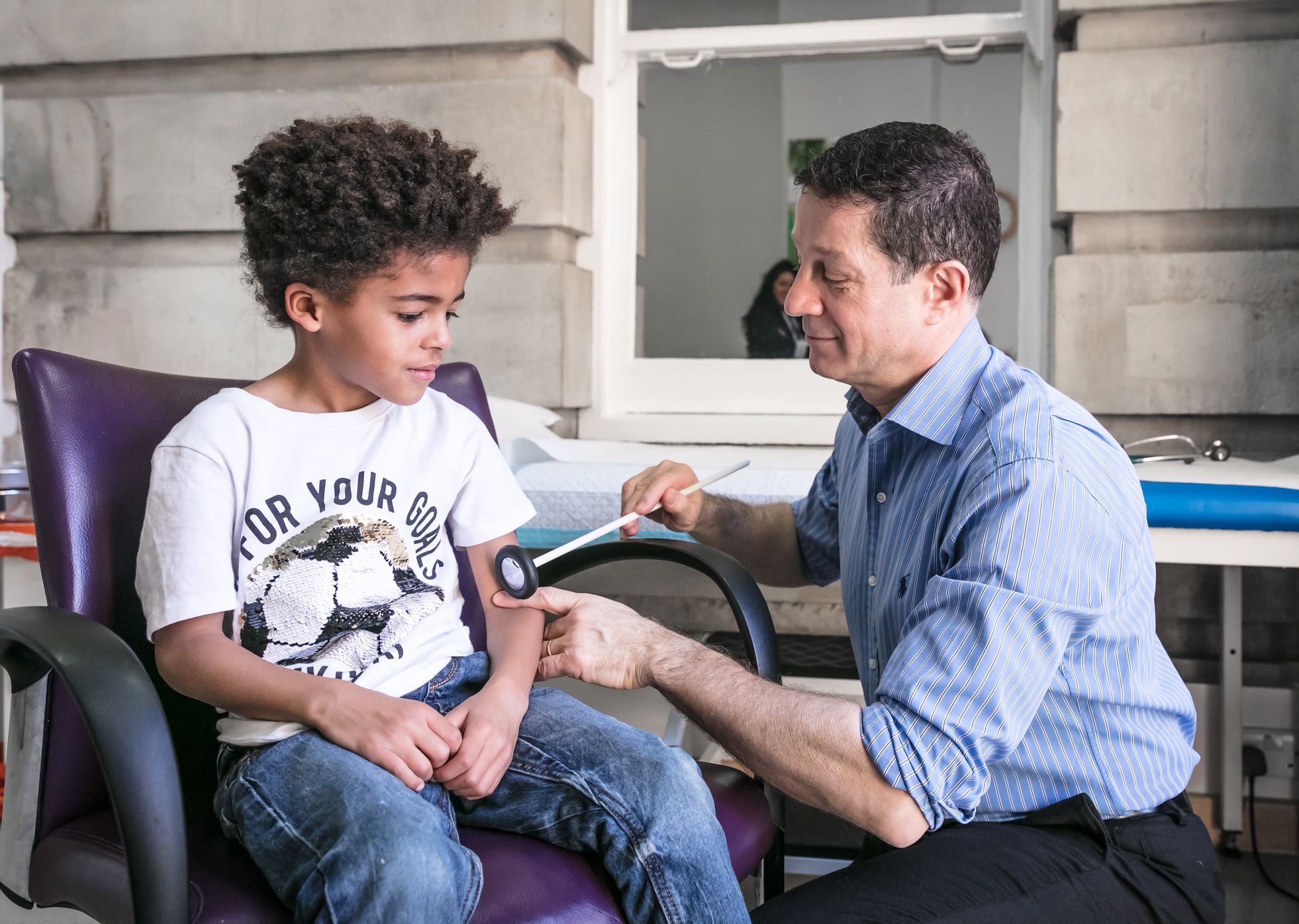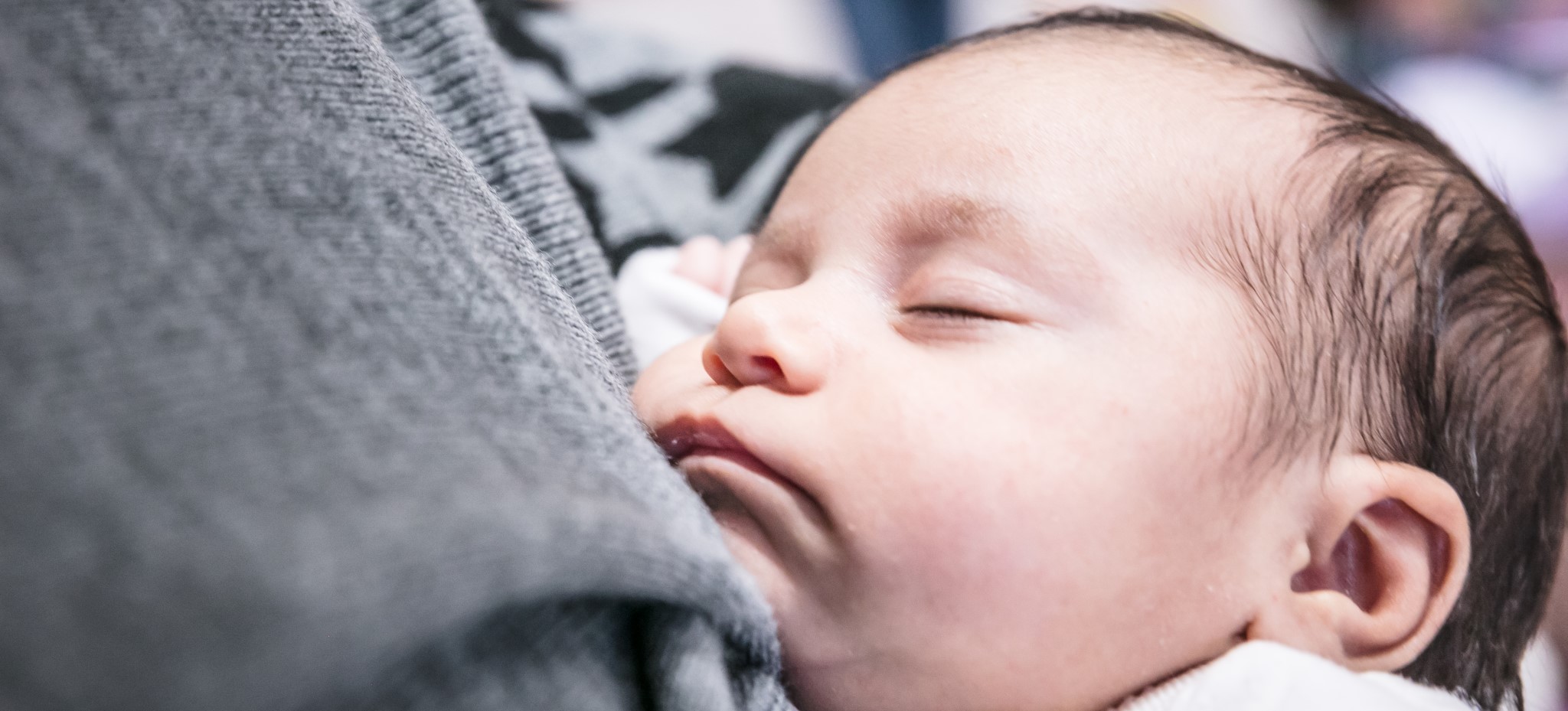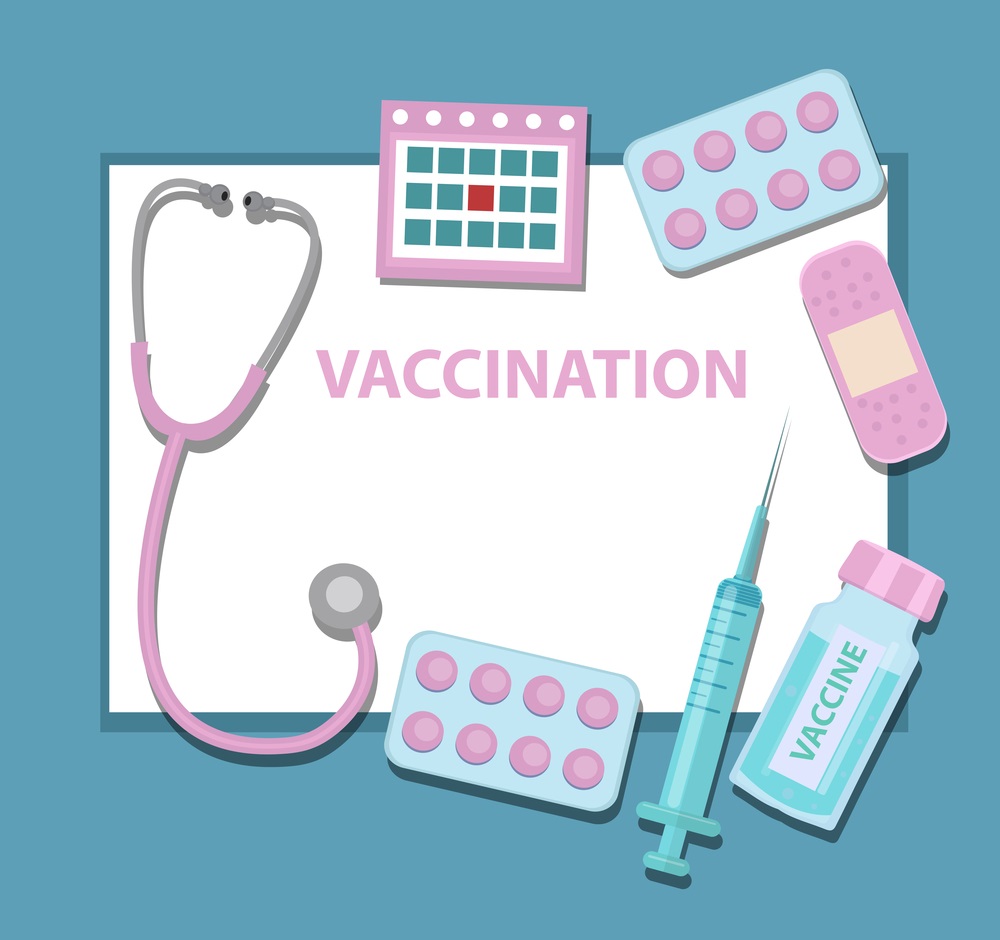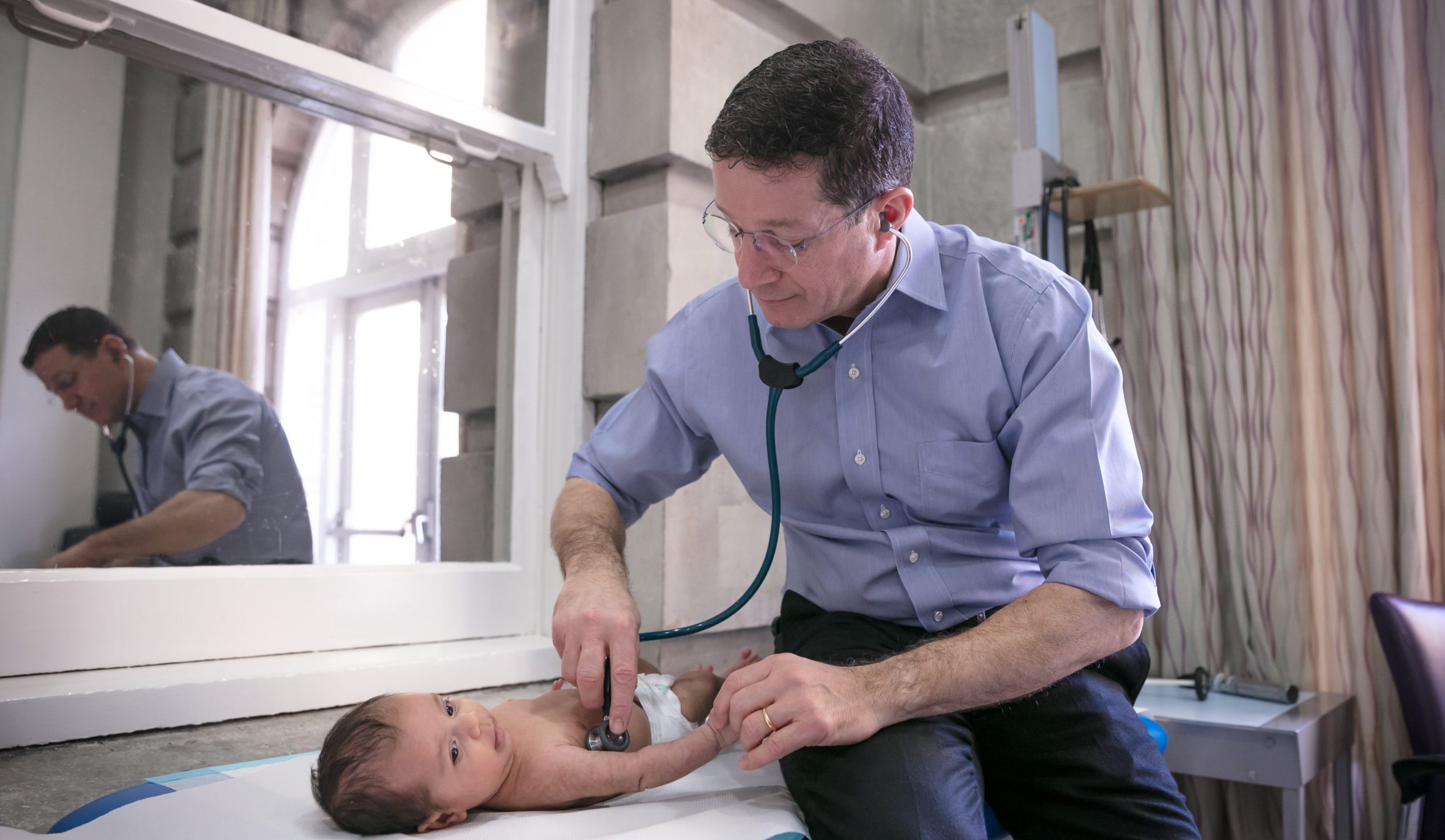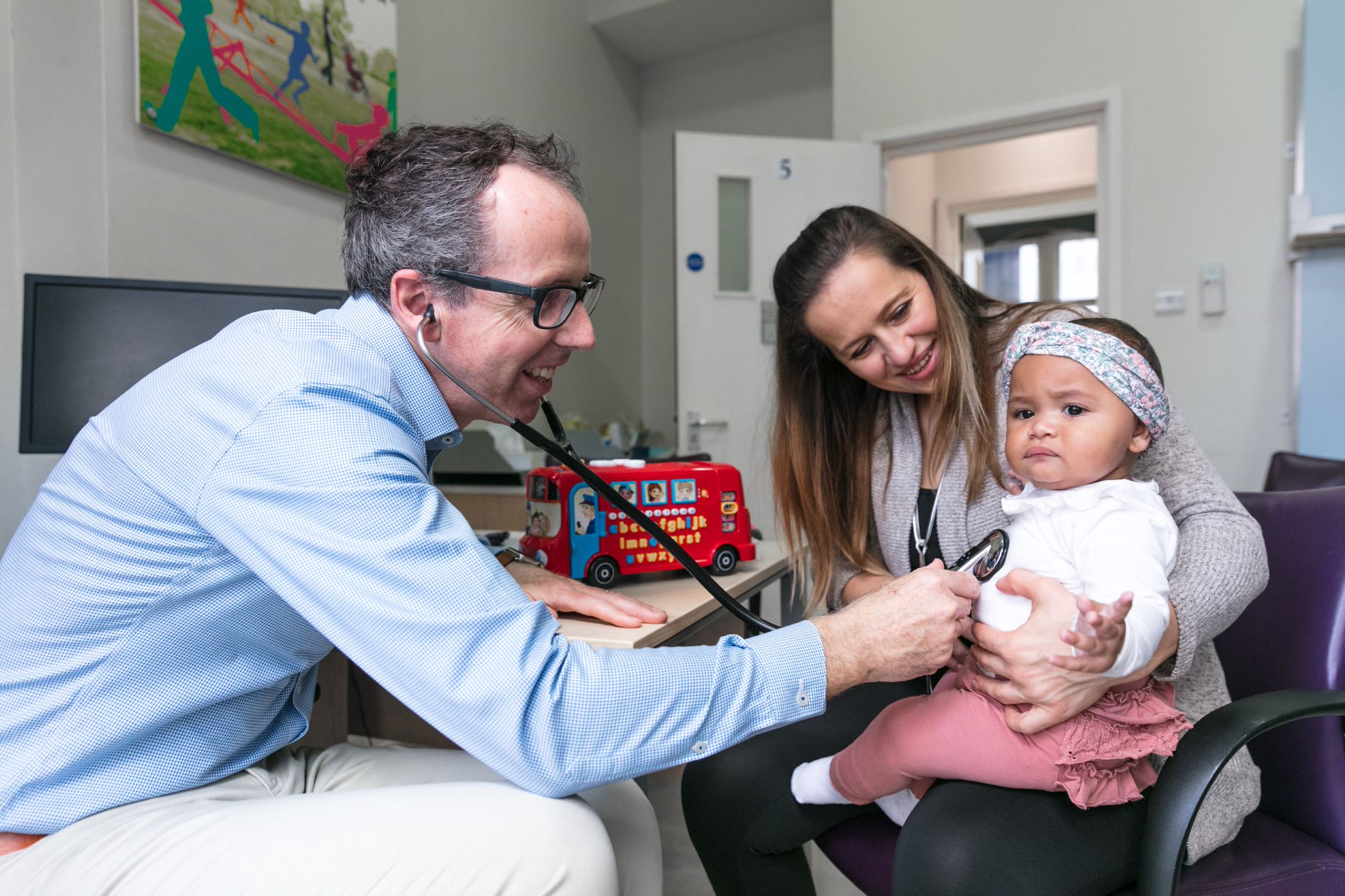Scarlet Fever (Strep A) Parent Advice
There are currently high rates of Scarlet Fever (caused by Group A Strep) in the UK. Scarlet Fever is much more common in children than in adults and it is important that children with Scarlet Fever are seen by their GP so that they can be started on antibiotics. The rash of Scarlet Fever often begins with small spots on the body that then spread to the neck, arms and legs...
Dr W John Fysh Notice of Retirement
Dear parent/guardian, We wish to inform you that Dr W John Fysh FRCP FRCPCH who has been practising at the Portland Hospital since 1989 and consulting to Starlight Paediatrics for the last 3 years will be retiring from Clinical Practice on April 5th 2022. He wishes all his patients, their parents & all his colleagues all the very best for the future. He recommends that patients and colleagues continue to use the services...
Covid-19 and children
Worried about the impact of Covid 19 on your children? Here are the key things you should know. Whilst the global Covid-19 pandemic has had a huge impact on all of us and on many aspects of our lives, children have fortunately been little affected by direct infection of the SARS-Cov-2 virus. The vast majority of children who catch the virus have mild or no symptoms. However, there have been rare exceptions...
My child is complaining of aching bones. How can I help, and what could it be?
Children will often complain of aching bones for no apparent reason. Here’s what lies behind their complaints. Is your child complaining of ‘aching bones’. This is often their way of expressing a pain in the limbs, usually in their legs. This can often be down to wear and tear from physical exercise and running around, but they often complain of pain for no apparent reason. Sometimes they may even wake...
Spotting a medical condition in your child: red flags and warning signs
Worried about the health of your child? Here are the top red flags and warning signs to look for. Children are made to keep their parents’ stress levels high. They are constantly bashing into objects, tripping up or coming down with mystery illnesses. It’s all part and parcel of childhood and the odd cough and cold will help build up their immune system for later life. However, as a parent, it’s...
What does the newborn baby check include
Every new-born baby undergoes a series of routine health checks. Here’s what they are and what to expect. When you give birth, your child will undergo a series of checks to make sure they are healthy and to screen for certain diseases. These will usually take place within 24 hours of birth and will include basic things such as birth weight and the circumference of the head on birth and...
What is the Immunisation Schedule?
When you’re bringing up a new child, you’ll encounter the UK immunisation schedule, but what is it and is it compulsory? The UK immunisation schedule is a vaccination schedule including timings and doses. It’s an important roadmap for keeping your child safe from many of the infections and diseases they may encounter. At Starlight Paediatrics, we always recommend following the UK immunisation schedule, but understand there may need to be room...
What medication to take with you when you travel
Travelling with sick or irritable children is no fun at all, so here are ten medications to take on your travels to make everyone’s lives a bit more bearable. At a time when the UK is under lockdown to counter Coronavirus it seems the height of optimism to talk about what medicine to take when you can travel. However, sooner or later the restrictions will lift and, when they do,...
What to do if your child has a fever
Worried whether your child’s fever is just a run of the mill illness or something worse? Here are a few signs to look for. Most children will run a fever from time to time, but more often than not this is nothing serious. However, it will be worth keeping an eye on and, if things don’t improve, it will be a good idea to seek medical attention. Running a temperature A...
What to do if you child has D & V
Diarrhoea and vomiting are very common symptoms in children of all ages. In most cases they are caused by a virus that affects the gut (gastroenteritis). However, occasionally, such illnesses are caused by bacteria or infections elsewhere in the body. They may also be due to food poising or food allergy Diarrhoea and vomiting are more serious in babies, infants and toddlers compared to older children. The younger age group are...
- 1
- 2

